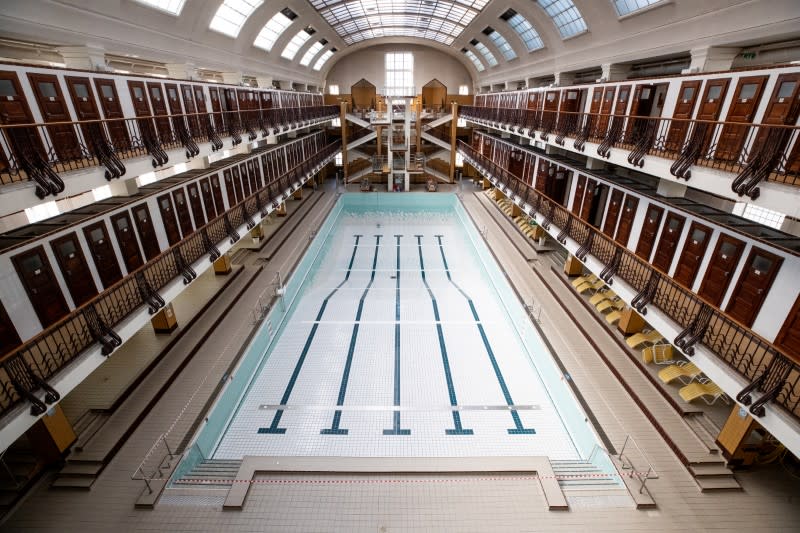Coronavirus infections top 2,000 in Austria, more border controls imposed
By Kirsti Knolle
VIENNA (Reuters) - The number of coronavirus cases in Austria topped 2,000 on Thursday and continues to rise at a double digit rate, officials said, though most people are staying at home with widespread travel restrictions in place.
With the death toll from the spreading virus now at six, the landlocked Alpine republic will extend controls from its borders with Germany, Italy, Switzerland and Liechtenstein to Hungary and Slovenia from Friday, the Health Ministry said.
Borders remain open only with the Czech Republic and Slovakia under the European Union's Schengen scheme.
Border controls have snarled traffic at some crossings with Germany and tailbacks developed on Thursday along the frontier with Hungary due to travel bans imposed by Prime Minister Viktor Orban's government.
Serbs, Romanians and Bulgarians, some of them caregivers for elderly Austrians, were especially affected by the delays, Interior Minister Karl Nehammer said.
City streets have emptied with public transport cut by 90% and the volume of private traffic down by 45%, officials said. Train connections to Switzerland have been suspended, and trains to Germany take only German citizens, rail operator OBB said.
Farmers warned that they will not be able to pick asparagus, strawberries and salad as planned because seasonal workers had not shown up due to travel restrictions.
Despite the drastic measures to contain the virus, the number of new infections rose 25% day-to-day and the Alpine province of Tyrol, which has been in lockdown since Thursday, remains a hotspot, Health Minister Rudolf Anschober said.
Austria, however, had relatively fewer elderly victims of the virus than almost all other EU member states, he said, with people between 45 and 55 most infected, followed by those between 25 and 45 and the highest-risk group of over-65s.
As a result, roughly 90% of those infected had not needed hospitalisation so far, he said.
Vice-Chancellor Werner Kogler, responding to reports that many Austrians were using their time off from work imposed by virus containment measures to go on excursions and hiking tours, urged all to stay at least one meter (yard) apart from one another to minimise the risk of contagion.
The government has stopped short of closing parks and playgrounds nationwide.
(Reporting by Kirsti Knolle; Editing by Scot W. Stevenson and Mark Heinrich)



